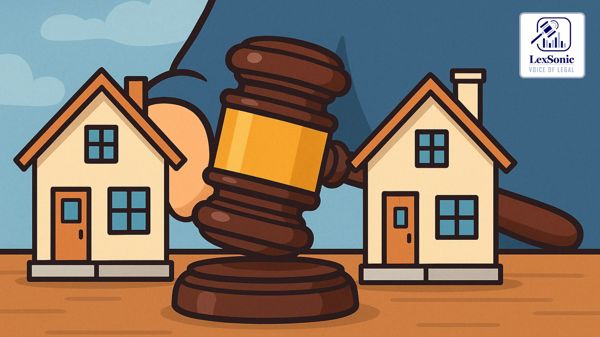Order of Evidence in Property Dispute: High Court Clarifies Procedural Rule.
16 April 2025
Property Dispute Asbestos >> Property & Real Estate
The case involves an appeal filed by Mr. Vinay Jain against his family members, who are the plaintiffs in a suit concerning an industrial property and the business affairs of a partnership firm, M/s V. Shah & Company. The plaintiffs claim the property and firm assets are joint family property subject to partition. Mr. Jain, the defendant, asserts the property was self-acquired and relies on a 2007 Family Settlement document, which he claims relinquished rights in his favor. The plaintiffs, however, dispute the validity of this settlement.

The Single Judge had framed eleven issues for trial, with the burden of proof for some key issues, including the genuineness of the family settlement and the alleged relinquishment of rights, falling on the defendant. Based on this, the Single Judge directed Mr. Jain to lead his evidence first.
Mr. Jain challenged this direction, arguing that it overlooked the provisions of Order XVIII Rule 1 CPC. The respondents (plaintiffs) countered that Mr. Jain had consented to lead evidence first and that the direction was legally sound since the burden of proof for certain crucial issues lay with him.
Referring to a Supreme Court judgment, the High Court clarified that while a court has the discretion to decide the order of evidence based on the facts and circumstances, this discretion does not relax the rigor of Order XVIII Rule 1. The court concluded that merely noting that certain defense-related issues (like the genuineness of the family settlement) could impact the outcome does not automatically justify deviating from the general rule. The plaintiffs, as those seeking relief, still bear the initial burden of proving their claims.
